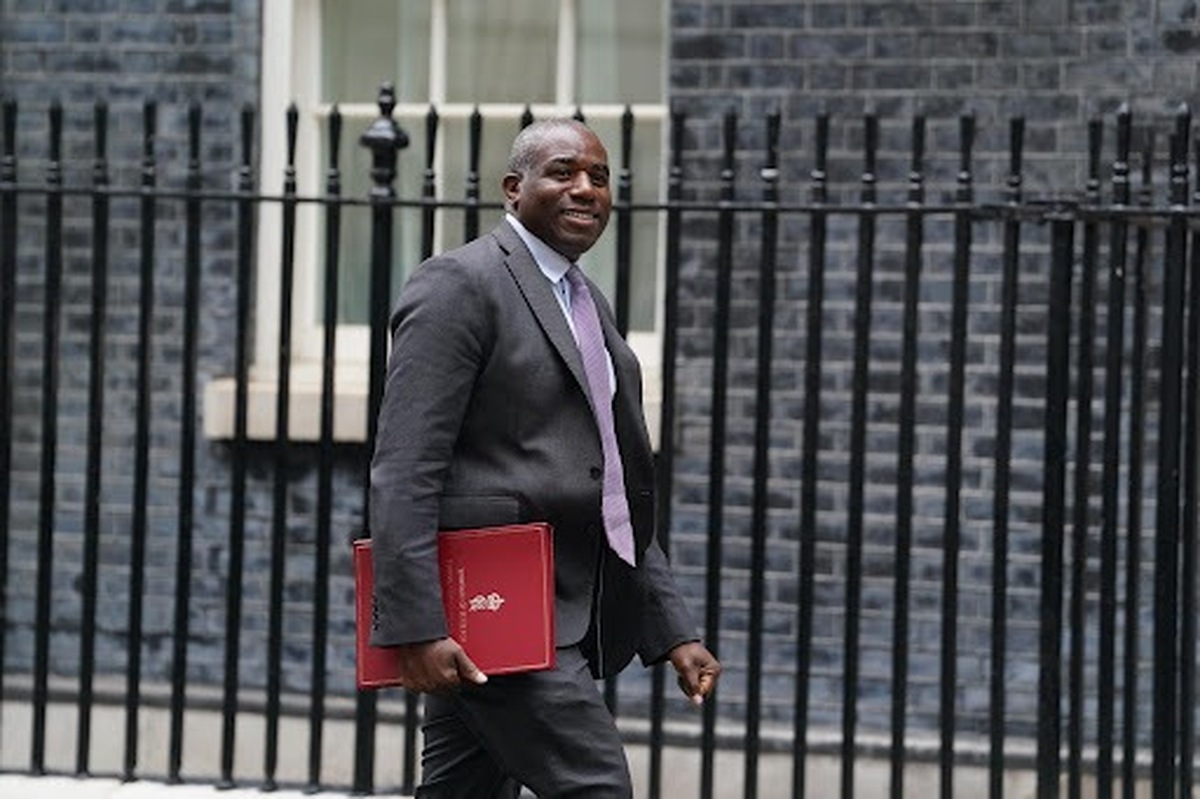UK’s silence on U.S. airstrikes reflects deepening Western divide

On Monday, UK Foreign Secretary David Lammy, in an interview with BBC Radio, avoided directly answering four times whether the U.S. strike on Iran’s nuclear facilities was legal. He merely stated, “We were not involved—this is a matter for the Americans to answer.”
When asked whether he personally believed the action was right, Lammy again declined to give a clear response, reiterating: “Ultimately, the only solution to this crisis is through diplomacy.”
Meanwhile, according to media sources, the UK government's legal adviser has warned that the U.S. attacks lack legitimacy under international law, and if London were to participate, it would be unable to mount a credible legal defense.
At the same time, UK Trade Secretary Jonathan Reynolds, in an interview with Channel 4, also refused to answer questions regarding the threat posed by Iran’s nuclear program or the accuracy of U.S. claims that Iran is close to building a nuclear weapon. He simply stated: “I can't comment on the intelligence that the U.S. President has shared.”
Reynolds also remained silent when repeatedly asked about the legality of the U.S. strikes, only stressing the importance of all countries adhering to international law. He said: “In this particular matter, we were not involved. Our focus has been on using diplomatic channels to find a resolution.”
Previously, UK Deputy Defence Minister Luke Pollard had also refrained from commenting on the U.S. airstrikes, saying only: “Right now, our focus is on assessing the damage caused by these attacks.”
Media analysts in London view the UK government's cautious stance on the U.S. military aggression as a sign of a legitimacy crisis in the West’s narrative about the international order. They argue that if the British government is unable to provide a clear legal basis for its ally’s actions, its ability to defend international values—such as in the case of the war in Ukraine—will also be undermined.